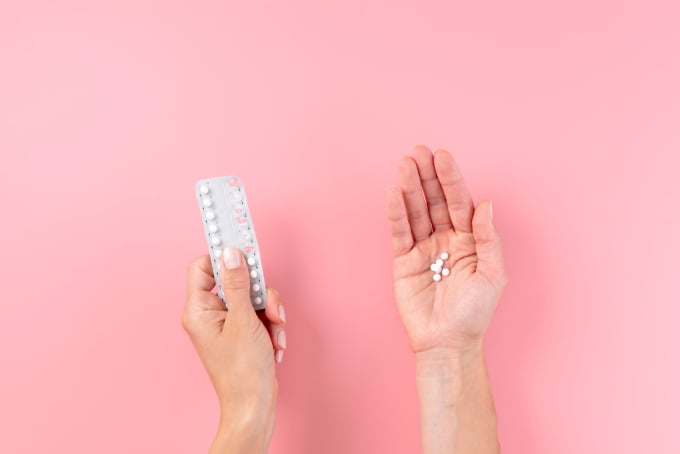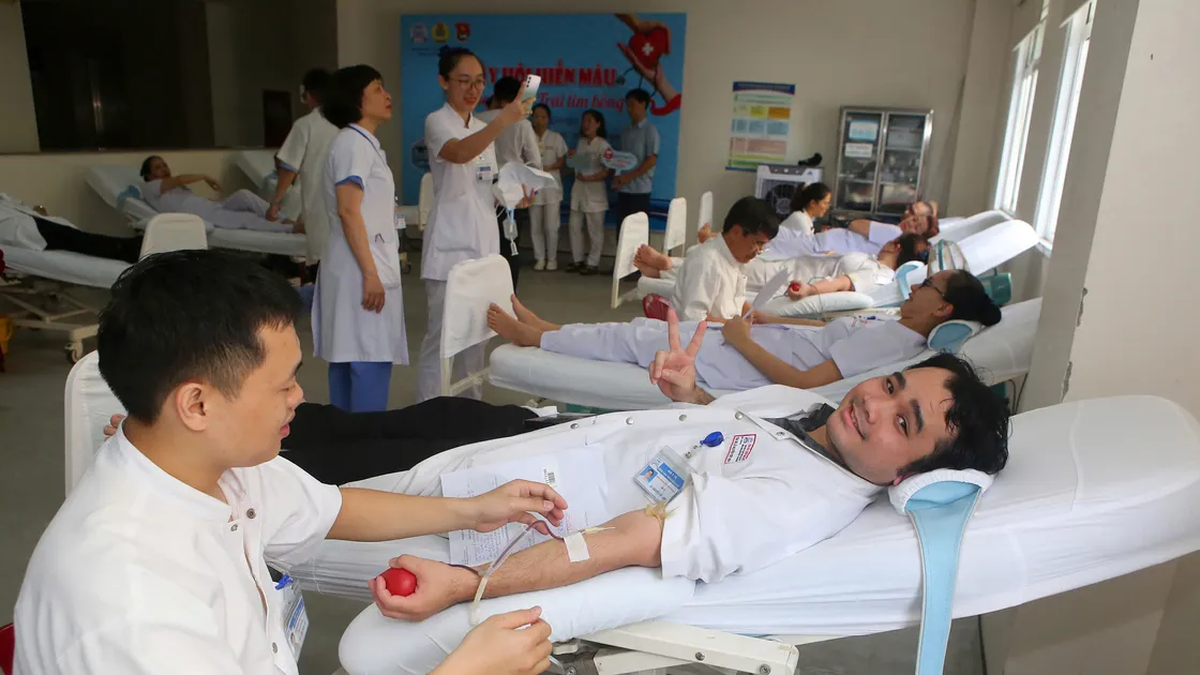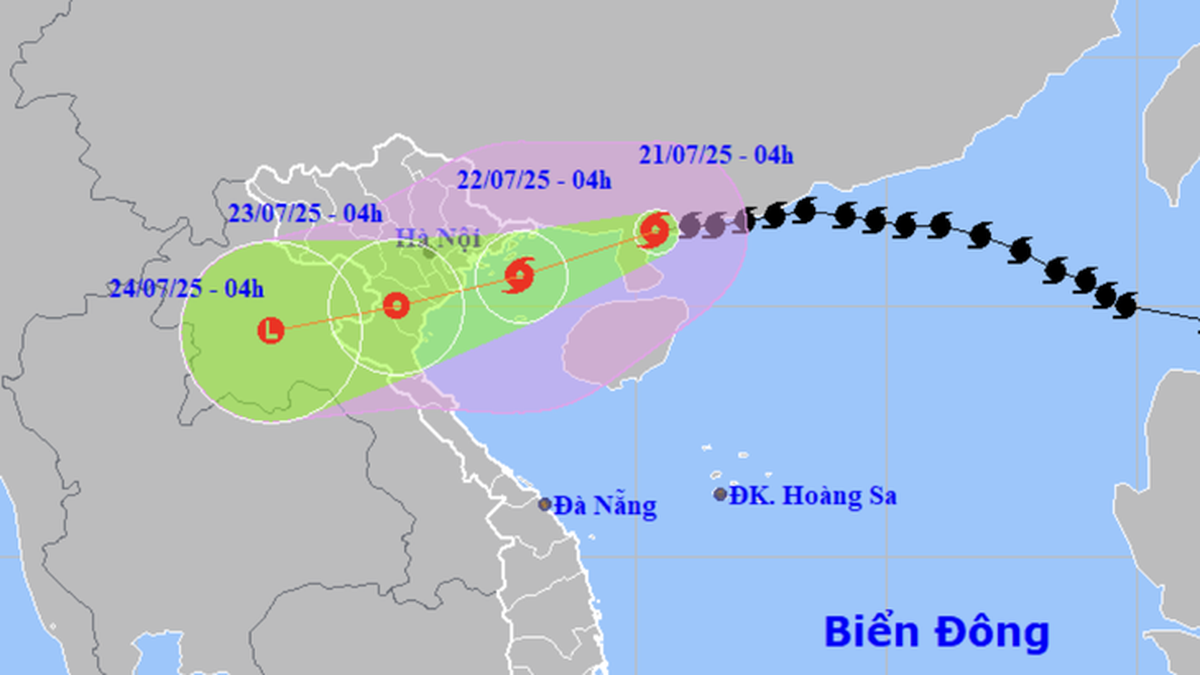Birth control pills introduce a certain amount of hormones into the body. When stopped, they can cause irregular menstruation, acne, and difficulty conceiving.
Hormonal contraceptives are effective in preventing pregnancy and can be up to 99% effective if used consistently and every day. In addition to pills, other methods such as patches, vaginal rings, IUDs, injections, and implants are also hormone-based and can alter the body's hormonal activity.
After stopping birth control pills and other contraceptives, women may have irregular menstrual cycles that take several months to become regular. They may experience irregular or painful periods or heavier bleeding if they are taking birth control pills to regulate their hormones. Stopping the pill can also cause ovulation to return, mild cramping on one side of the pelvis, or increased vaginal discharge.
Women may lose weight after stopping the pill. This is because progestin-only pills, such as injections and hormonal IUDs, cause weight gain while they are being used. Acne and unwanted hair may grow back.
Women may feel more alert and have an increased sex drive after stopping the medication. In addition, headaches may be reduced due to the absence of side effects from the medication.
Finally, women can get pregnant again immediately if they stop using progesterone-only pills, contraceptive implants, or vaginal rings. For birth control patches and combination pills, it takes several weeks to about 3 months to get pregnant because they contain estrogen or progestin hormones that prevent ovulation.
Many people may have to wait up to 2 years to conceive after stopping the contraceptive injection. The contraceptive injection delivers a dose of progestogen hormone into the bloodstream, preventing monthly ovulation; at the same time, it thickens the cervical mucus, making it difficult for sperm to move, and thins the uterine lining, reducing the ability of a fertilized egg to implant. Therefore, the body needs time to recover its ability to conceive after the injection.

Birth control pills regulate the body's hormones. Photo: Freepik
How to stop taking birth control pills
For non-prescription pills, users can stop taking the pills themselves, without having to finish the entire pack. Menstrual cycles may be interrupted but will return within 3 months. The same is true for progestin-only pills and birth control patches.
With long-acting contraceptive implants and IUDs, you need to go to the hospital to have them removed. This method does not affect the genitals, so women can conceive immediately after stopping.
Women can also remove the diaphragm themselves. For vaginal rings, use them for 3 weeks, then stop using them for 1 week or when you have your period.
Chile (According to WebMD, NHS )
Source link




























![[Photo] National Assembly Chairman Tran Thanh Man visits Vietnamese Heroic Mother Ta Thi Tran](https://vphoto.vietnam.vn/thumb/1200x675/vietnam/resource/IMAGE/2025/7/20/765c0bd057dd44ad83ab89fe0255b783)





































































Comment (0)